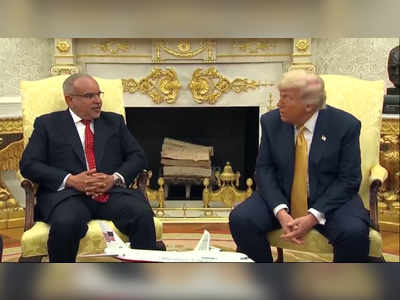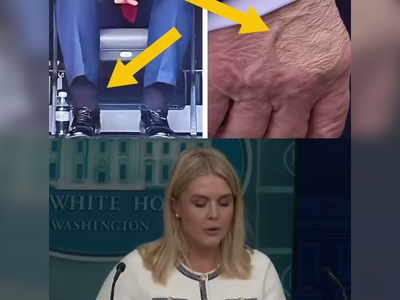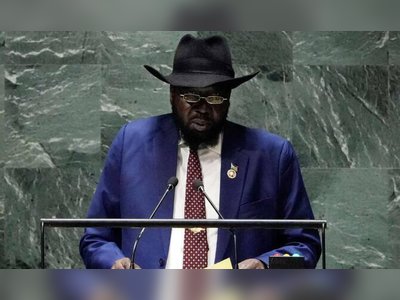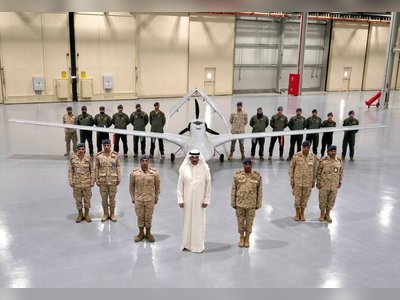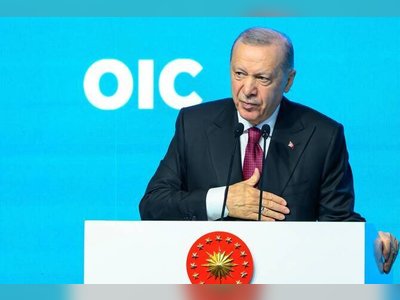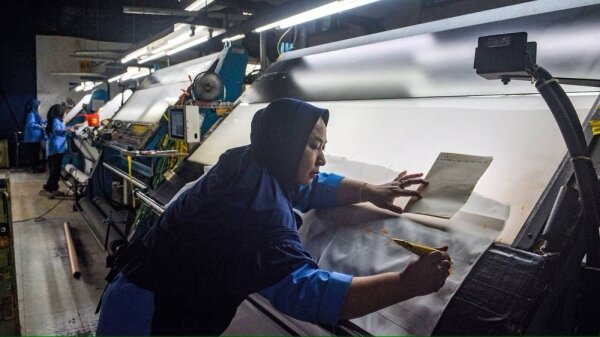
Indonesia and US Reach Trade Agreement After 'Extraordinary Struggle'
The deal includes a reduction in tariffs and commitments from Indonesia to purchase American products.
President Donald Trump announced on Tuesday that the United States has reached a trade agreement with Indonesia after negotiations described as an "extraordinary struggle" by Jakarta.
The deal involves Indonesia agreeing not to charge any tariffs on American exports, while the US will impose a 19% tariff on Indonesia's exports, down from the initial threat of a 32% tariff.
Trump stated that under the agreement, Indonesia has committed to purchasing $15 billion in US energy and $4.5 billion in American agricultural products.
Additionally, Indonesia will buy 50 Boeing jets, many of which are 777 models.
The Indonesian government confirmed the deal, with President Prabowo Subianto having negotiated directly with Trump over the phone.
Hasan Nasbi, spokesperson for the Indonesian president, emphasized that this agreement was the result of intense negotiations by Indonesia's economic team.
President Prabowo is expected to provide further details later on Wednesday.
In a post on Instagram, he highlighted the new era of mutual benefit between Indonesia and the US.
The agreement may also involve lower or no tariffs for Indonesian copper exports if certain conditions are met, particularly regarding copper imports into the US.
While Indonesia currently ranks low among US copper suppliers, Trump's administration has been exploring ways to shift trade imbalances in favor of American products.
This announcement marks the fourth such trade deal Trump has made public in recent months, though details and implementations of these agreements have often followed slowly or not at all.
The Indonesian agreement comes after a similar but largely unspecified deal with Vietnam earlier this month.
Critics of Trump's trade policy point to its unpredictability and the potential for higher costs for American consumers as manufacturing processes are relocated within the US.
However, supporters argue that such moves can stimulate domestic job growth and economic development.
The specifics of how these agreements will be implemented and their overall impact on global trade remain to be seen.
The deal involves Indonesia agreeing not to charge any tariffs on American exports, while the US will impose a 19% tariff on Indonesia's exports, down from the initial threat of a 32% tariff.
Trump stated that under the agreement, Indonesia has committed to purchasing $15 billion in US energy and $4.5 billion in American agricultural products.
Additionally, Indonesia will buy 50 Boeing jets, many of which are 777 models.
The Indonesian government confirmed the deal, with President Prabowo Subianto having negotiated directly with Trump over the phone.
Hasan Nasbi, spokesperson for the Indonesian president, emphasized that this agreement was the result of intense negotiations by Indonesia's economic team.
President Prabowo is expected to provide further details later on Wednesday.
In a post on Instagram, he highlighted the new era of mutual benefit between Indonesia and the US.
The agreement may also involve lower or no tariffs for Indonesian copper exports if certain conditions are met, particularly regarding copper imports into the US.
While Indonesia currently ranks low among US copper suppliers, Trump's administration has been exploring ways to shift trade imbalances in favor of American products.
This announcement marks the fourth such trade deal Trump has made public in recent months, though details and implementations of these agreements have often followed slowly or not at all.
The Indonesian agreement comes after a similar but largely unspecified deal with Vietnam earlier this month.
Critics of Trump's trade policy point to its unpredictability and the potential for higher costs for American consumers as manufacturing processes are relocated within the US.
However, supporters argue that such moves can stimulate domestic job growth and economic development.
The specifics of how these agreements will be implemented and their overall impact on global trade remain to be seen.
